Module 4 – Sleep

LLM Online
©Arlene R. Taylor, PhD
Module #4 — Sleep
Sleep is independently linked with longevity.
—Institute of Natural Resources
To Begin
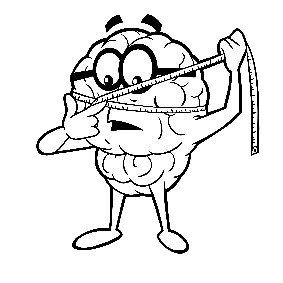 Weigh yourself in your underwear or clothes that you will wear each week on the same scales—no belt, shoes, sweater, or jacket.
Weigh yourself in your underwear or clothes that you will wear each week on the same scales—no belt, shoes, sweater, or jacket.- Measure your waist around the level of your belly button.
- Calculate your Body Mass Index using the BMI chart. Use your height in centimeters.
- Record data on the Weekly Comparison form.
- Write in your own goal on the Daily Goals form.
- Post it where you can see it easily. Record your data each day.
A night of sleep is as much preparation for the subsequent day's activity as it is recovery from that of the previous day.
—J. Allan Hobson
Overview
| Without enough sleep, we all become tall two-year-olds. —JoJo Jensen |
- Human sleep can be defined as a quiet and partially conscious state. It is a reversible state from which you can be aroused by stimulation, albeit sometimes with difficulty, because sensitivity to environmental stimuli (sounds, smells, and physical sensations) is lowered but not completely blocked—as happens in a coma.
 On average, human beings will spend approximately one-third of their lives sleeping, which helps them be productive during the remaining two thirds. Adequate sleep is critical for mental and physical health, and the management of emotions. Lack of sufficient sleep does not simply create "bags" under your eyes; it has been shown to increase your level of anger.
On average, human beings will spend approximately one-third of their lives sleeping, which helps them be productive during the remaining two thirds. Adequate sleep is critical for mental and physical health, and the management of emotions. Lack of sufficient sleep does not simply create "bags" under your eyes; it has been shown to increase your level of anger.
- During sleep, information placed in short-term memory during the awake time that you want to save or that the brain deems important is “consolidated,” i.e., transferred to long-term memory. Sleep deprivation interferes with this process. It can also impact the ability of your brain’s search engine—the hippocampus—to recall and retrieve information previously placed into long-term memory. Sleep deprivation can make almost any illness worse and can increase the risk of developing anxiety disorders and depression. It disrupts brain-body balance (homeostasis) by interfering with metabolism—the set of life-sustaining reactions such as the conversion of food to energy.
- Some teenagers can experience a sleep-phase delay. Compared with many children and adults, their teenage melatonin levels naturally rise later at night. The adolescents feel alert later, making it difficult to fall asleep before eleven o’clock—or even midnight. Sleep deprivation, compounded by early school start-times, can negatively influence life in general and learning in particular. Keeping lights dim as bedtime approaches, turning off electronics an hour before bedtime (or wearing special glasses to block LED light), along with exposure to bright light as soon as possible in the morning may be helpful.
Sleep is the golden chain that binds health and our bodies together.
―Thomas Dekker
 Reminder: Get up and drink a glass of water to hydrate your brain. View the Educational Video. Stand and walk in place for at least a portion of the video to increase blood flow to your brain.
Reminder: Get up and drink a glass of water to hydrate your brain. View the Educational Video. Stand and walk in place for at least a portion of the video to increase blood flow to your brain.
Science in a Nutshell
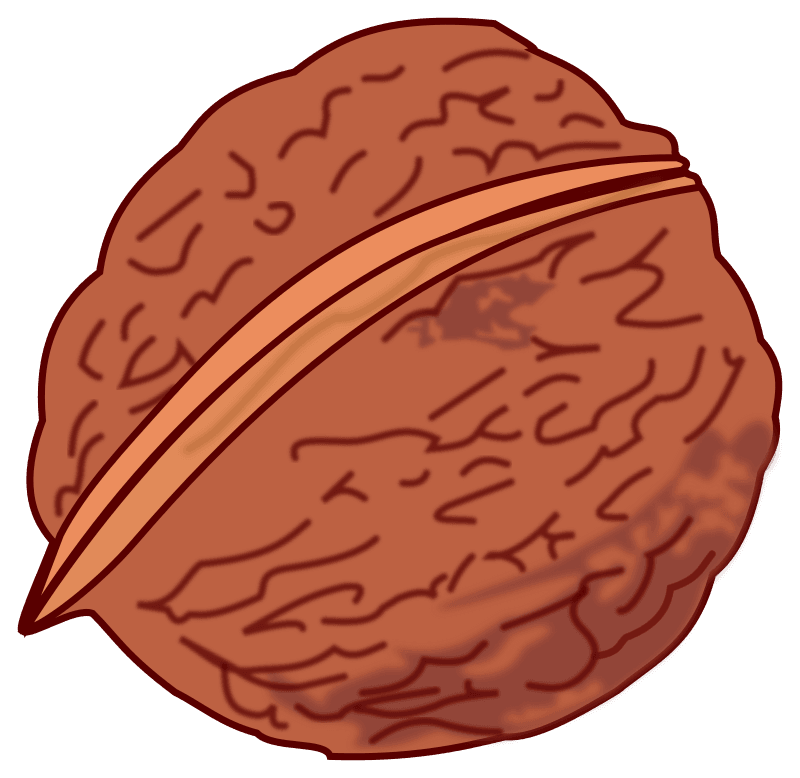 According to Stanley Coren, “Our reverence for workaholism has produced corporate leaders who believe they don't need sleep, and neither should anyone else.” Inadequate sleep is deadly. Researcher Gail Saltz, MD, pointed out that it is important to avoid confrontations with others if you are sleep deprived—where your fuse will likely be too short. Even the loss of one hour of needed sleep per night can result in creating conflict or being a party to it.
According to Stanley Coren, “Our reverence for workaholism has produced corporate leaders who believe they don't need sleep, and neither should anyone else.” Inadequate sleep is deadly. Researcher Gail Saltz, MD, pointed out that it is important to avoid confrontations with others if you are sleep deprived—where your fuse will likely be too short. Even the loss of one hour of needed sleep per night can result in creating conflict or being a party to it.
- A study using rats was led by Giulio Tononi. MD, PhD, of the University of Wisconsin-Madison. During the sleep-deprivation period, the rats were trained to perform a task that involved reaching for a sugar pellet.
 A rat’s likelihood of success dropped by nearly 38% when neurons anywhere in the motor cortex turned off within a split second before a rat tried to reach for a sugar pellet. When the rats were kept awake, neurons in the thinking part of the animals’ brains kept taking catnaps—at random. As expected, the overall number of such misses increased significantly with prolonged wakefulness.
A rat’s likelihood of success dropped by nearly 38% when neurons anywhere in the motor cortex turned off within a split second before a rat tried to reach for a sugar pellet. When the rats were kept awake, neurons in the thinking part of the animals’ brains kept taking catnaps—at random. As expected, the overall number of such misses increased significantly with prolonged wakefulness.
| Less than seven (7) hours of sleep at night causes lower overall brain function. —Daniel Amen, MD |
- Studies by Doctors Erin Hanlon and Eve Van Cauter at the University of Chicago found that study participants with sufficient sleep who were exposed to junk food were able to control some aspects of their natural responses. But, when sleep deprived, one’s hedonic drive for certain foods gets stronger and an ability to resist them becomes impaired. Therefore, you are likely to eat more.
- It turns out that sleep deprivation has effects in the body similar to activation of the endocannabinoid (eCB) system, which helps the brain to regulate appetite and energy levels. This system is well-known for being activated by chemicals found in marijuana. The eCB system impacts the brain’s motivation and reward circuits and can spark a desire for tasty foods.
Rest when you are weary. Refresh and renew yourself, your body, your mind, and your spirit.
—Ralph Marston
Matter of Fact
1st –
| A good laugh and a long sleep are the best cures in the doctor's book. —Irish Proverb |
All living creatures on Planet Earth need sleep during each 24-hour period. Sleep may be more essential than food since animals will die from sleep deprivation sooner than from starvation. During sleep, human growth hormones are produced. Electricity is generated for thinking and energy production. Hormones, neurotransmitters, enzymes, and other chemicals are replenished. Neurotrophins (food for the neurons) are created, cells repaired, the immune system strengthened, and waste products excreted. While asleep, the brain can experiment without inhibition, often coming up with never-before-imagined ideas. Sufficient sleep lowers the risk for dementia, depression, psychosis, and stroke.
Your brain does not rest during sleep per se since hundreds of biological processes continue. Some brain areas are even more active when asleep than when awake, due to their many housekeeping chores that typically require 7-8 hours to accomplish for most adults.  Imagine hiring a cleaning service where the workers routinely leave an hour or two before their shift is over. As they continue to cut their work time short, it does not take long for “unfinished tasks” to accumulate. Soon the workers are too far behind to catch up! If your sleep is cut short, some of the housekeeping and repair chores will not get done and—depending on which ones are neglected—will impact you the following day.
Imagine hiring a cleaning service where the workers routinely leave an hour or two before their shift is over. As they continue to cut their work time short, it does not take long for “unfinished tasks” to accumulate. Soon the workers are too far behind to catch up! If your sleep is cut short, some of the housekeeping and repair chores will not get done and—depending on which ones are neglected—will impact you the following day.
The best bridge between despair and hope is a good night’s sleep.
―E. Joseph Cossman
2nd –
Sleep deprivation is pandemic. Estimates are that 80 million Americans are sleep deprived, meaning their brains are not getting the optimum sleep needed to accomplish required functions. 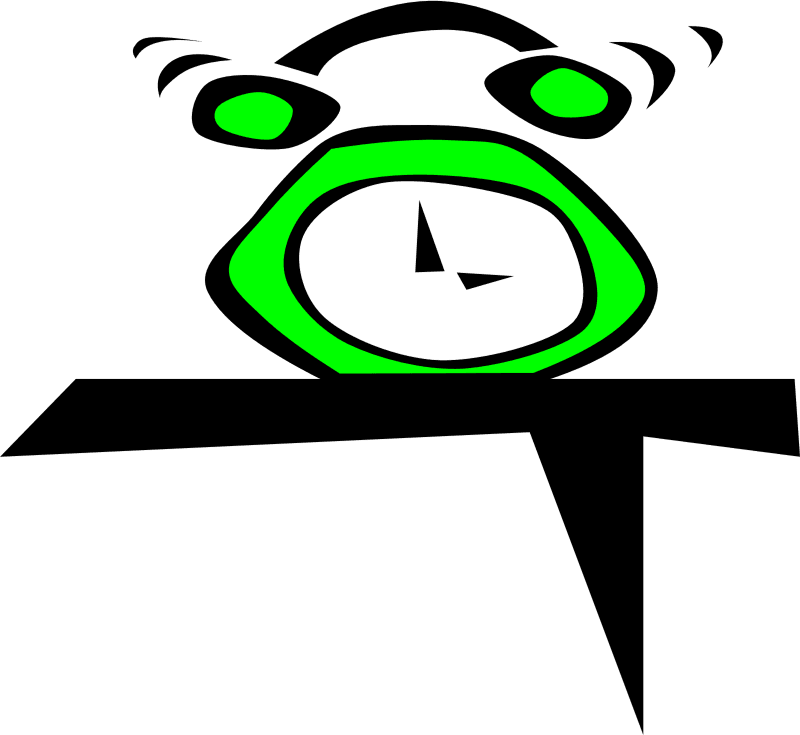 Furthermore, an estimated 80 percent of the world’s population requires an alarm clock to wake up. A contributing factor likely relates to the invention of electric lights. Prior to the advent of electric light, humans reportedly slept 9-10 hours in every 24. The invention of incandescent light especially has resulted in a mismatch between biology and technology. No longer is it “go to sleep soon after sunset” (with perhaps a little candle-burning time) and “awake with the sun.”
Furthermore, an estimated 80 percent of the world’s population requires an alarm clock to wake up. A contributing factor likely relates to the invention of electric lights. Prior to the advent of electric light, humans reportedly slept 9-10 hours in every 24. The invention of incandescent light especially has resulted in a mismatch between biology and technology. No longer is it “go to sleep soon after sunset” (with perhaps a little candle-burning time) and “awake with the sun.”
The process of sleep is extremely complicated. It requires a delicate interaction between the “sleep on” cells that block RAS activation and the RAS itself that stimulates the neocortex into wakefulness.
Finish each day before you begin the next and interpose a solid wall of sleep between the two.
This you cannot do without temperance.
―Ralph Waldo Emerson
 Reminder: Get up and drink a glass of water to hydrate your brain.
Reminder: Get up and drink a glass of water to hydrate your brain.
3rd –
Sleep is essential for all healthy memory functions. All cognitive memory functions are impacted in some way by sleep deprivation. 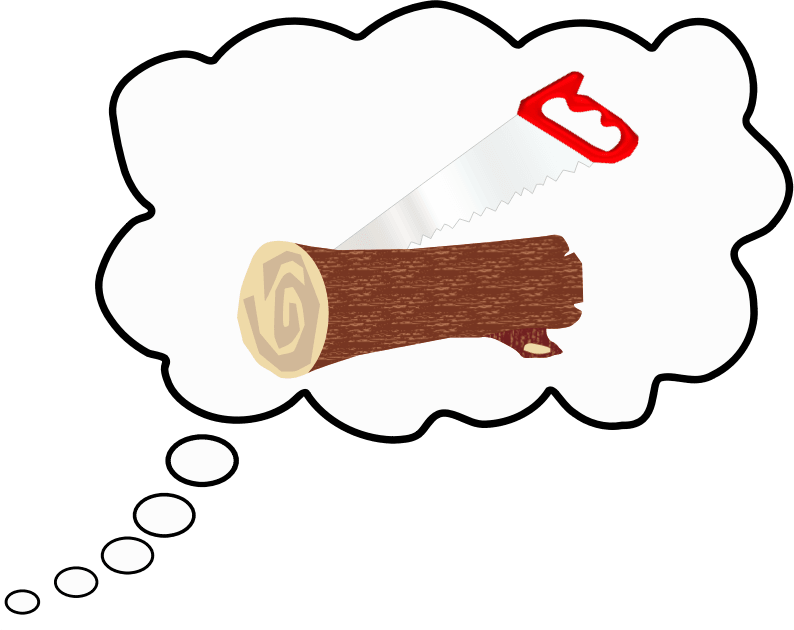 This includes declarative (semantic and episodic) memory, along with implicit (non-declarative) memory, and intelligent or creative memory. When awake and exposed to new information,
This includes declarative (semantic and episodic) memory, along with implicit (non-declarative) memory, and intelligent or creative memory. When awake and exposed to new information,  the brain shoves what it learns into short-term memory banks. During sleep, the brain consolidates the information. Think of the hippocampus (the brain’s “search engine”) as rewinding and replaying what happened during the day for the neocortex (cerebrum) to review. During this process, information is either discarded or moved into long-term storage. Lose sleep and some of that information may never make it into your long-term memory bank.
the brain shoves what it learns into short-term memory banks. During sleep, the brain consolidates the information. Think of the hippocampus (the brain’s “search engine”) as rewinding and replaying what happened during the day for the neocortex (cerebrum) to review. During this process, information is either discarded or moved into long-term storage. Lose sleep and some of that information may never make it into your long-term memory bank.
When you consciously want to retrieve a memory, the hippocampus searches for and (hopefully) locates the information—if it is in long-term memory. Unfortunately, insufficient sleep will interfere with all types of memory functions, sometimes to a point where the brain appears to be developing dementia. If you did not save it on your flash drive, it is not there!
Sleep has a powerful role to play in our brain health. It is essential for the body to rest, but even more important for the brain to declutter. At night, our brains process the events of the day, put memories into long-term storage, and also make room for new learning to be possible the following day.
―Alex Dimitriu, MD
4th –
Your brain does not rest during sleep, per se. ![]() Some brain areas are even more active during sleep than in wakefulness. Following are some chores that the brain must accomplish during sleep:
Some brain areas are even more active during sleep than in wakefulness. Following are some chores that the brain must accomplish during sleep:
- Repair cells in the brain and nervous system
- Generate and repair immune system cells
- Release hormones for growth and development
- Regulate appetite and digestive functions
- Synthesize new chemicals for the brain and the immune system
- Flush waste from synapses (the spaces between the neurons) including beta-amyloid proteins that become the plaques of Alzheimer’s Disease
| Not enough sleep leads to a wake. —the Mirror (A pun. Get it?) |
- Produce special food for the neurons (neurotrophins)
- Increase production of glial cells that serve as personal assistants to the neurons. They also produce myelin (a type of insulation) and wrap it around neuronal axons to speed transmission of information along the nerve pathways.
It is a common experience that a problem difficult at night is resolved in the morning after the committee of sleep has worked on it.
—John Steinbeck
5th –
Estimates are that the loss of one hour of sleep per night can shorten your life span. Give your brain and body the optimum amount of required sleep. Inadequate amounts of sleep have been linked with the following:
 Daytime sleepiness, inattention
Daytime sleepiness, inattention- Irritability, distractibility, nervousness
- Increased anxiety, worry, and depression
- Blurred vision
- Problems with concentration and memory
- Learning and/or social behavior problems
- Low brain-body energy
- Interference with effective decision-making and problem-solving
- Increased chance for mistakes and errors
- Hunger for sugary snacks or favorite foods
- Development of insulin resistance and diabetes
- Increased risk of high blood pressure, heart disease, and stroke
- An increase in symptoms related to Attention Deficit-Hyperactivity Disorder
- Risk of Alzheimer’s and other dementias
- Chronic inflammation associated with many chronic diseases
- Prostate cancer
| The amount of sleep required by the average person is ‘five minutes more’. —Wilson Mizener |
- Increased risk for illnesses and infections
- Increased risk being overweight and obese
- An increase in arguing, fighting, and conflict
- Increased risk for using tobacco and/or alcohol
- Increased clumsiness and risk of accidents
- Decreased ability to manage stress effectively
- A decrease in libido, sex drive, and even infertility
- Lowered vaccine effectiveness
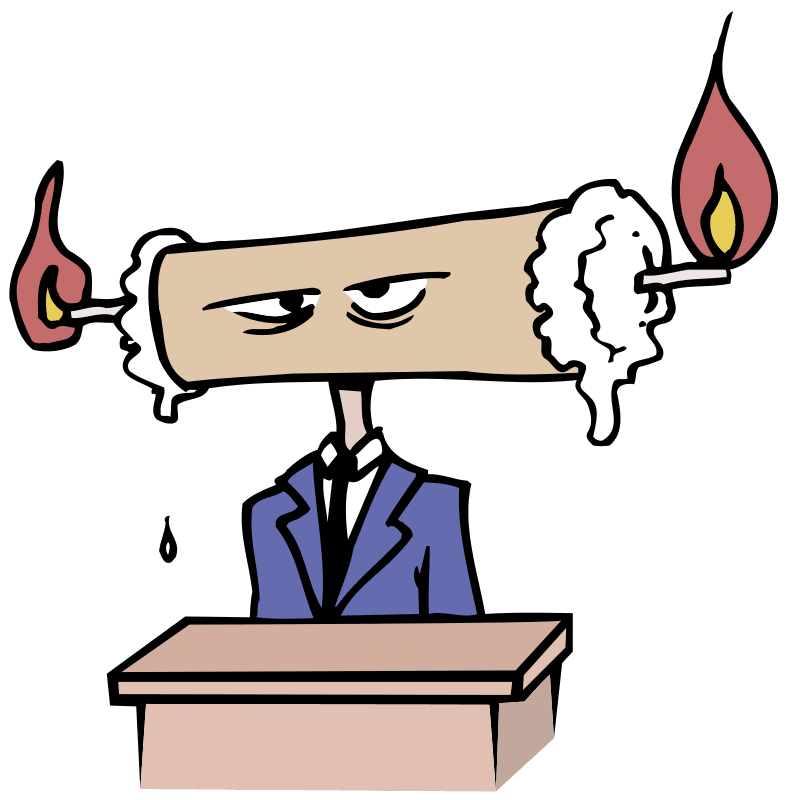 A decrease in creativity including problem-solving abilities
A decrease in creativity including problem-solving abilities- Accelerated rate of aging
- Increased risk for suicidal thoughts and suicide attempts
God has made sleep to be a sponge by which to rub out fatigue. A person’s roots are planted in night as in a soil.
—Henry Ward Beecher

Reminder: Drink a glass of water. Listen to Chapter 6 of “Just the Facts.” If possible, walk around the room while you listen. At least, walk in place.
6th –
During sleep, your respiration (breathing), blood pressure, and heart rate continue as usual while other non-critical functions are suppressed. (Unless you eat just before going to bed, which keeps your digestive system working for several hours). Sleep matters! Did you know these facts?
| People who say they ‘sleep like a baby’ usually do not have one. —Leo J. Burke |
- Mental exercise and fatigue require more sleep-recovery time than do physical exercise and fatigue.
- The brain saves energy for repairs by lowering your brain-body temperature during sleep.
- Sleep deprivation is a major risk factor for many mental health disorders including anxiety and depression.
- Sleep deprivation may increase your risk for attention lapses due to inconsistency of brain functions.
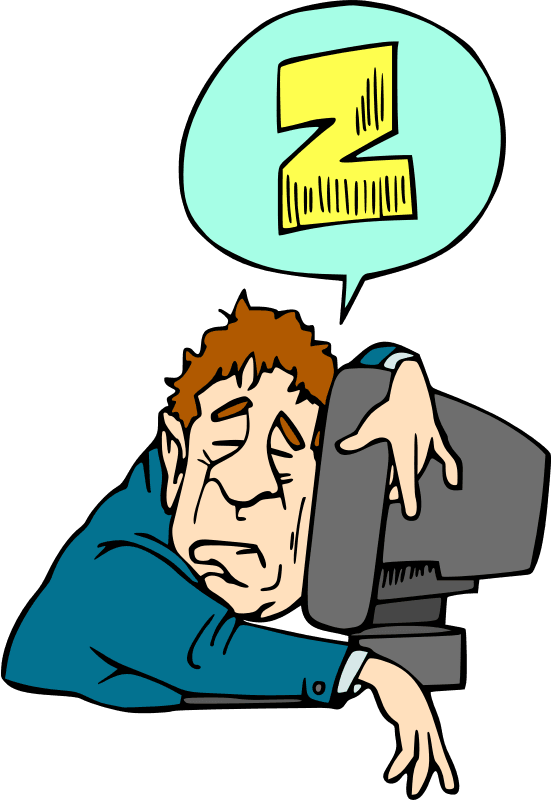 Neurons can “nap” in the sleep-deprived brain, both at random and intermittently. Subsets of neurons may go offline in one brain area but not in another—or even in one part of an area and not in another.
Neurons can “nap” in the sleep-deprived brain, both at random and intermittently. Subsets of neurons may go offline in one brain area but not in another—or even in one part of an area and not in another.
- Individuals who checked/replied to text messages or other alerts after going to bed at night were found to experience poorer sleep quality, which predicted the development of symptoms of anxiety and depression.
- Side or lateral-sleeping position is the most common and appears to have some benefits.
Sleeping on one’s left side, for example . . .
- May help to clear brain waste more efficiently
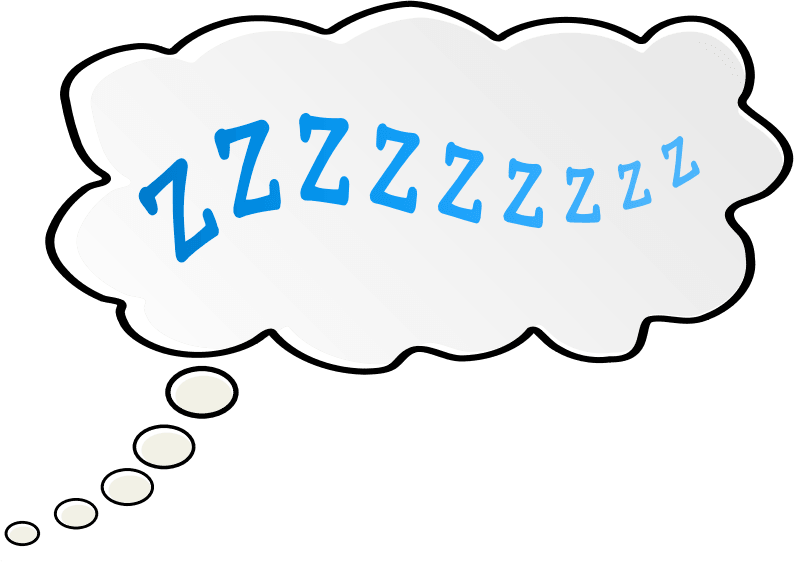 Maximizes circulation for mother and fetus, especially during 3rd trimester
Maximizes circulation for mother and fetus, especially during 3rd trimester- May lessen gastric reflux
- May help to reduce snoring
On the other hand, those with congestive heart failure tend to do better sleeping on their right side.
Sleep has been provided by nature to do the body’s healing work, and it takes 7 or 8 hours for this process to happen. Commit to getting at least 7-8 hours of good quality sleep every night to keep your body and hormones in balance.
—Suzanne Somers
7th –
Sleep tips that are key to health and longevity:
- Go to bed at the same time every night—as close to 10 pm as possible. (Sleep before midnight may be more restorative.)
- Avoid eating anything after 7 pm so digestion does not disrupt sleep.
- Drink a glass of water before going to sleep to keep the brain hydrated and decrease a risk of blood clots.
- Sleep in a cool, dark room.
 The darker the room the better, as any type of light can interfere with the production of the hormone melatonin. If your room does not have black-out shades/drapes, you may want to wear a soft eye shield.
The darker the room the better, as any type of light can interfere with the production of the hormone melatonin. If your room does not have black-out shades/drapes, you may want to wear a soft eye shield.
- Keep all electronics out of the bedroom—unless required to be on-call for your job. Items that can impair quality of sleep include cell phones, iPads, computers,
 TVs, and clocks or night lights with LED-lights. Studies have shown that small electronic devices emit sufficient light to miscue the brain and promote wakefulness. Children are particularly susceptible. The Sleep Foundation has pointed out that texting and emailing after lights outs (even once per week) dramatically increases self-reported daytime sleepiness among teens.
TVs, and clocks or night lights with LED-lights. Studies have shown that small electronic devices emit sufficient light to miscue the brain and promote wakefulness. Children are particularly susceptible. The Sleep Foundation has pointed out that texting and emailing after lights outs (even once per week) dramatically increases self-reported daytime sleepiness among teens.
| Sleep is an investment in the energy you need to be effective tomorrow. —Tom Roth |
- Due to long-term effects of caffeine, the American Academy of Sleep Medicine recommends avoiding caffeine for at least 6 hours before your bedtime. This includes dark chocolate! The half-life of caffeine—i.e., the time it takes to for a quantity of a substance to be reduced to half the original amount—is between 4 and 8 hours on average.
- Be aware that alcohol is not a sleep aid. According to addiction specialist, Scott Krakower, people who drink alcohol often think their sleep is improved, but it is not. One may fall asleep faster, but alcohol disrupts sleep in the second half of the sleep period and reduces rapid eye movement (REM) or restorative sleep. According to Dr. Irshaad Ebrahim, alcohol can trigger or exacerbate sleep apnea.
- Avoid rotating shifts, if possible. If you are required to rotate, be extremely careful to get the same amount of sleep during the day that you would if you were sleeping at typical night-times.
- If you have an auditory sensory preference or are a light sleeper and sensitive to sounds, earplugs can be an invaluable personal assistant.
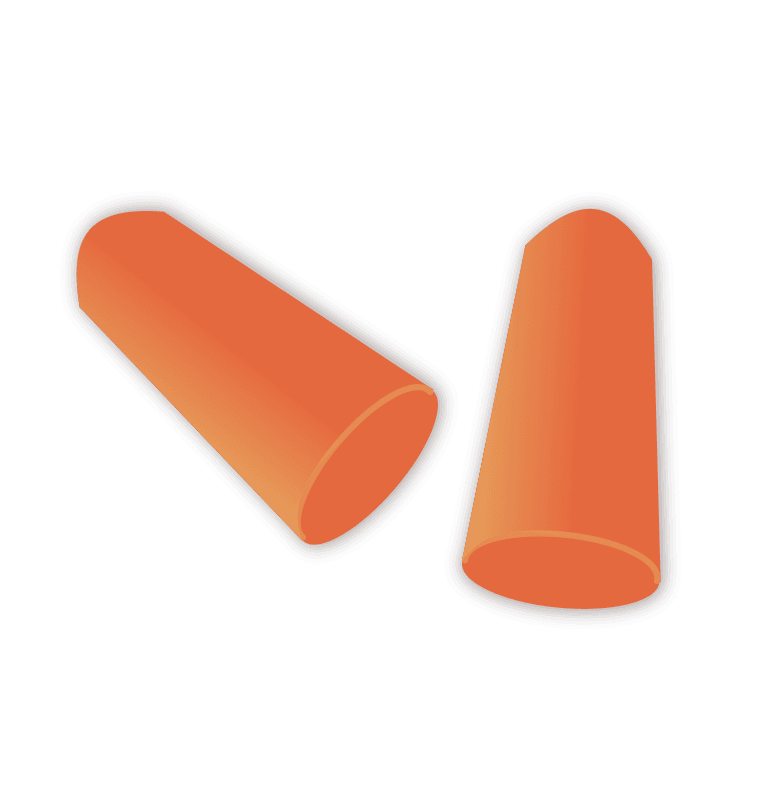 Some individuals carry them for use on airplanes or whenever subjected to loud noises—even loud music. This also can help protect their sense of hearing.
Some individuals carry them for use on airplanes or whenever subjected to loud noises—even loud music. This also can help protect their sense of hearing.
Proper sleep has helped me get to where I am today as an athlete, and it is something that I continue to rely on every day.
—Tom Brady

Reminder: Drink a glass of water. Watch the short Birds & Brains video. for section 4. Stand and walk in place for at least part of the video.
Practical Applications
- After 20 hours without sleep, your reaction time is like that of a person with a blood alcohol level of 0.08—the legal limit in the State of California. After 24 hours without sleep, significant brain changes occur related to judgment, impulse control, attention, and visual association—
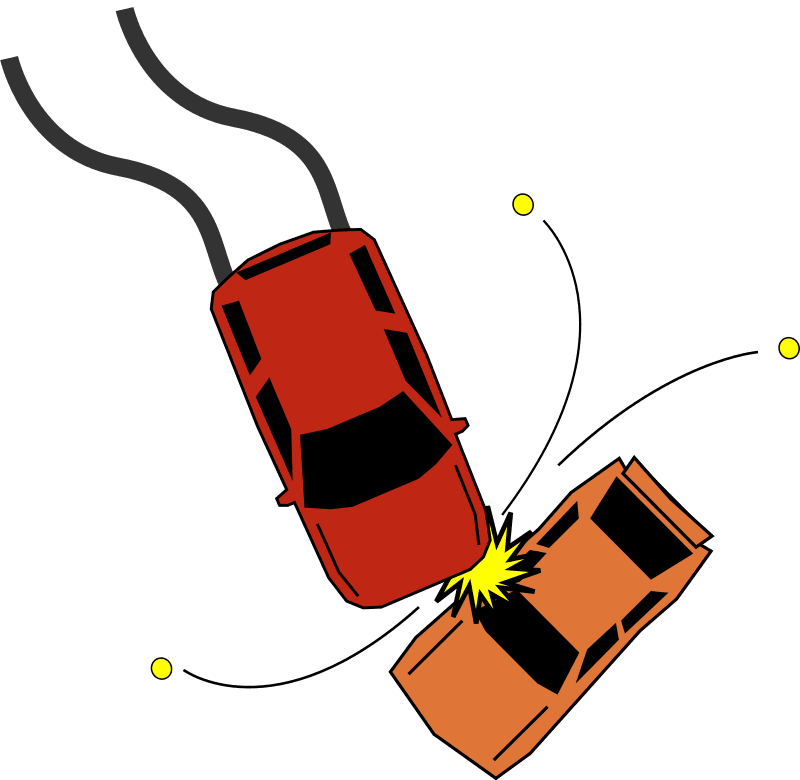 yet the individual believes he or she is functioning just fine! More than 30,000 people in the United States are estimated to die annually in highway accidents—directly attributed to operator fatigue. That means at least 82 people die every day in the USA due to driver fatigue. Family and friends may be happy for you not to add to these statistics!
yet the individual believes he or she is functioning just fine! More than 30,000 people in the United States are estimated to die annually in highway accidents—directly attributed to operator fatigue. That means at least 82 people die every day in the USA due to driver fatigue. Family and friends may be happy for you not to add to these statistics! 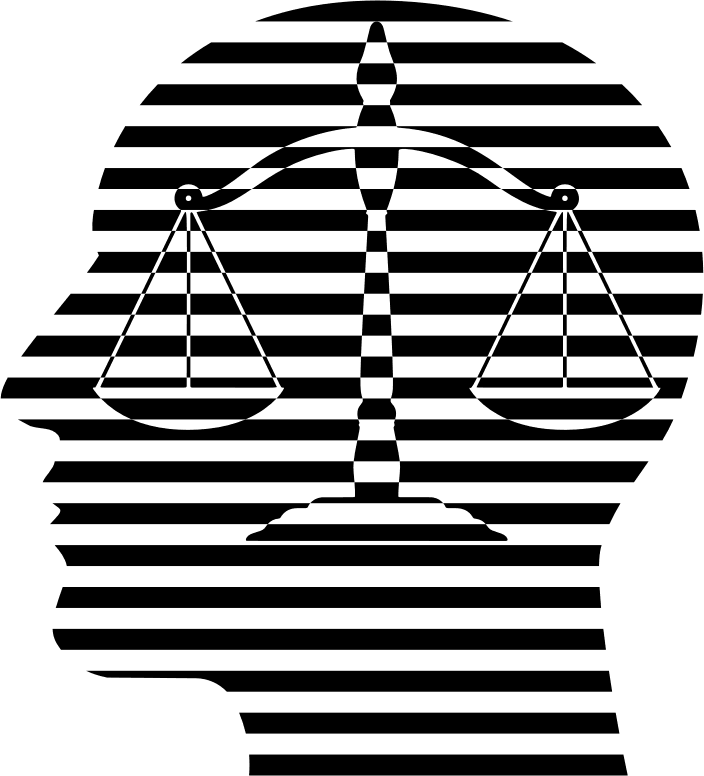 For every period of exhaustion there is a corresponding period of depression that can derail optimum brain function. Exhaustion tends to lower serotonin levels, which may make depression even worse. Depression can challenge you at your points of vulnerability and make it more difficult to be vigilant and aware. For starters, avoid exhaustion. During episodes of fatigue and depression, you are at higher risk for behaviors that you may heartily regret later. Stay in balance! If symptoms persist, get medical assistance right away.
For every period of exhaustion there is a corresponding period of depression that can derail optimum brain function. Exhaustion tends to lower serotonin levels, which may make depression even worse. Depression can challenge you at your points of vulnerability and make it more difficult to be vigilant and aware. For starters, avoid exhaustion. During episodes of fatigue and depression, you are at higher risk for behaviors that you may heartily regret later. Stay in balance! If symptoms persist, get medical assistance right away.- Sleep apnea, which involves episodes of breathing that repeatedly stops and starts, is considered a serious medical problem. This interferes with the amount of oxygen your brain receives, impacting both brain and body functions.
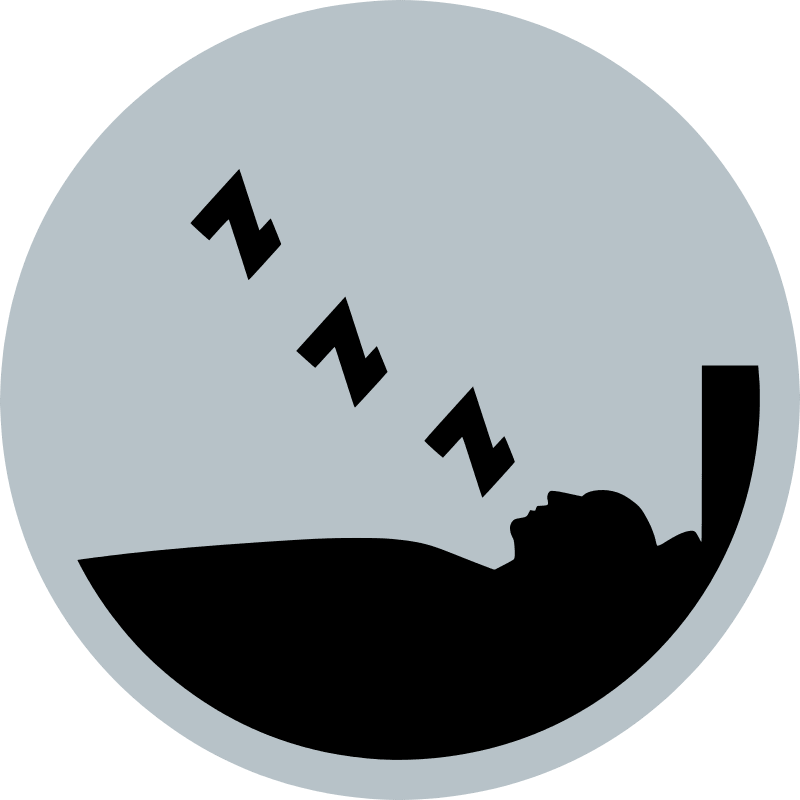 No surprise you may have difficulty staying asleep (insomnia) and experience loud snoring (which may cause relationship problems when your partner becomes sleep-deprived), excessive daytime sleepiness (hypersomnia), waking with a dry mouth and a morning headache. If you have any of these symptoms, you may be wise to obtain a medical evaluation.
No surprise you may have difficulty staying asleep (insomnia) and experience loud snoring (which may cause relationship problems when your partner becomes sleep-deprived), excessive daytime sleepiness (hypersomnia), waking with a dry mouth and a morning headache. If you have any of these symptoms, you may be wise to obtain a medical evaluation.
Medical complications that may result from sleep deprivation and lack of sufficient oxygen due to sleep apnea include:
-
- Heart problems
- Diabetes type 2
- Complications during surgical procedures
- Non-alcoholic liver problems
- Metabolic syndrome - a cluster of conditions—such as increased blood pressure, high blood sugar levels, excess body fat around the waist, and abnormal cholesterol or triglyceride levels—that increase your risk of heart disease, stroke, and type 2 diabetes
You are not healthy unless your sleep is healthy.
—William C. Dement, MD

Reminder: Drink a glass of water as you dig into this last section. How are you choosing to apply this information practically in your everyday life?
Think & Do
- How does your brain react to loss of sleep? What are your symptoms?
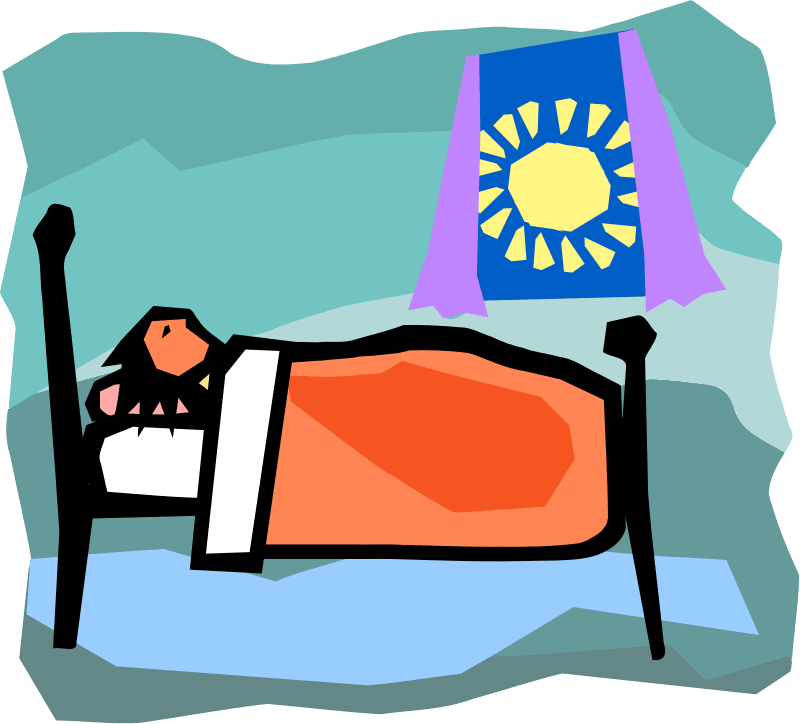 If you are short of sleep, avoid high-frustration tasks, saving them for another day. If you do pop off, recognize, and apologize for a low-sleep day. Therefore, it is particularly important to get a good night’s sleep before important events or emotional events. Being indolent is not synonymous with taking good care of yourself and honoring your brain’s need for sleep.
If you are short of sleep, avoid high-frustration tasks, saving them for another day. If you do pop off, recognize, and apologize for a low-sleep day. Therefore, it is particularly important to get a good night’s sleep before important events or emotional events. Being indolent is not synonymous with taking good care of yourself and honoring your brain’s need for sleep. - How much sleep does your brain require on average? If you have no symptoms of sleep deprivation and wake without an alarm clock, you may be giving your brain what it needs.
In a study of 130,000 men and women ages 40 to 69, sleeping fewer than 6 hours or more than 10 hours was linked with metabolic problems.- Women who sleep less than 6 hours per night may have more belly fat. Those who sleep 10 or more hours on a regular basis have a higher risk for metabolic syndrome.
- Males who sleep less than 6 hours per night are more likely to have bigger waists and metabolic problems. Those who sleep 10 hours or more have a higher risk for metabolic problems and higher triglyceride levels.
| A well-spent day brings happy sleep. —Leonardo da Vinci |
In most cases, you can catch up on sleep if it is not a regular occurrence. Take a 15- to 20-minute catch-up nap in the afternoon. Go to bed earlier for a couple of nights. Sleeping late on the weekends can become a habit that leaves you sleep-deprived all week and makes it even more difficult to get up Monday morning.
- Have you ever fallen asleep at the wheel of a vehicle?
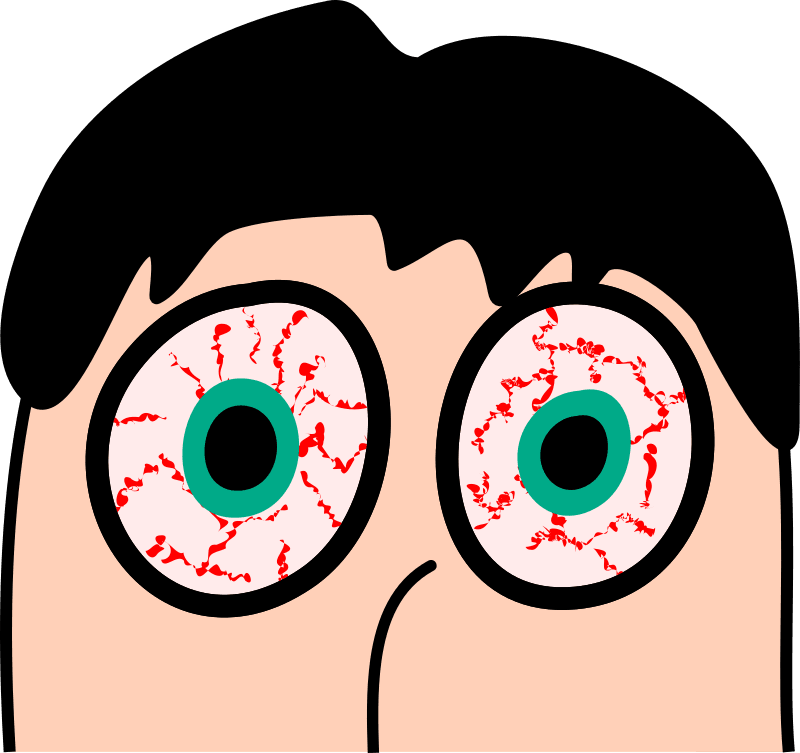 Plan to avoid driving when sleep-deprived. Do you pull into a rest stop and take a nap rather than continue driving and risk an accident?
Plan to avoid driving when sleep-deprived. Do you pull into a rest stop and take a nap rather than continue driving and risk an accident? - Are you within the recommended weight range for your gender, height, and weight?
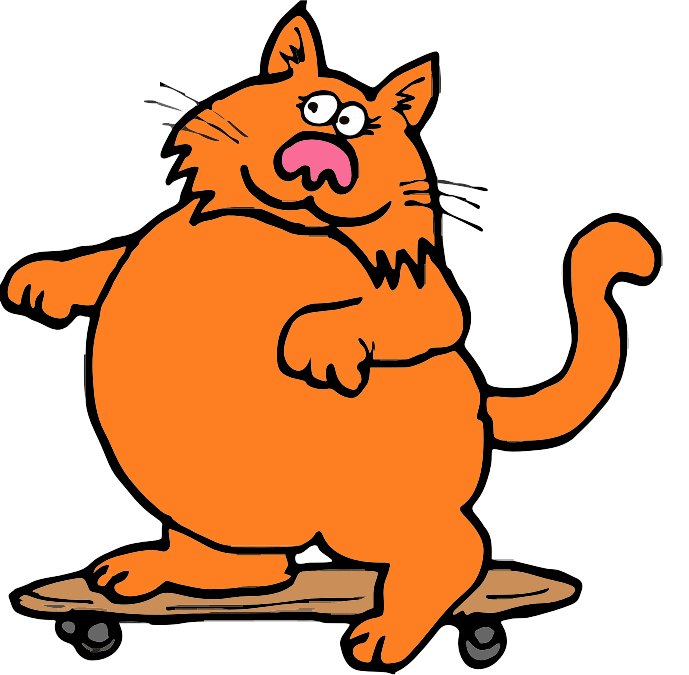 Sleep deprivation interferes with the Brain Reward System and hormones that regulate hunger and satiation. When sleep deprived, the urge for specific foods becomes stronger, and your ability to resist them and make good choices tends to be impaired. You are much more likely to snack and/or binge on favorite foods. In one study, those who had only 4 hours sleep ate 300 more calories the next day. They add up. It takes 3,500 additional calories to gain a pound (2.2 kg). At 300 calories per day, that could happen in about 12 days!
Sleep deprivation interferes with the Brain Reward System and hormones that regulate hunger and satiation. When sleep deprived, the urge for specific foods becomes stronger, and your ability to resist them and make good choices tends to be impaired. You are much more likely to snack and/or binge on favorite foods. In one study, those who had only 4 hours sleep ate 300 more calories the next day. They add up. It takes 3,500 additional calories to gain a pound (2.2 kg). At 300 calories per day, that could happen in about 12 days!
Your life is a reflection of how you sleep, and how you sleep is a reflection of your life.
—Pelayo Rafael, MD
Slow & Steady Wins
Concentrate on Module 4 during this entire week. Reread the Facts; do your Daily Goals; listen to the Educational Video again. It takes the average adult going through the material four times to really absorb it and turn it into a new behavior. 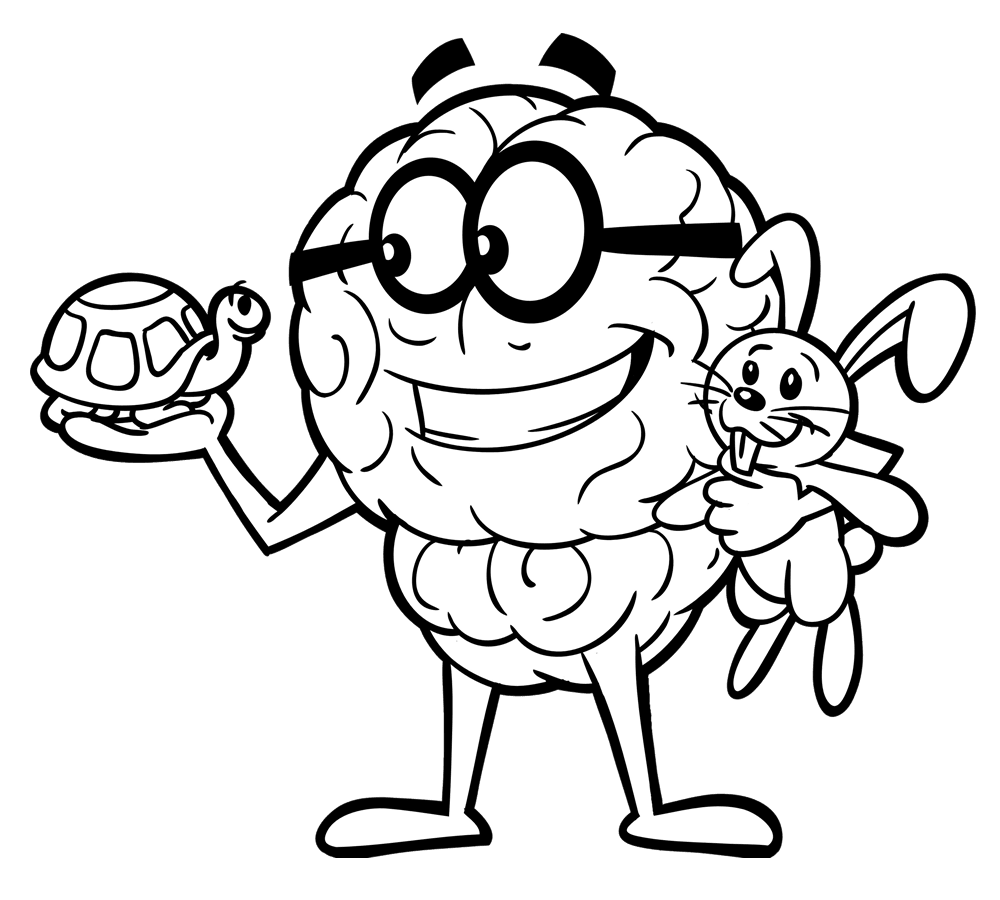 If you want positive results, rushing through the material (just because you can) may not provide the desired outcome.
If you want positive results, rushing through the material (just because you can) may not provide the desired outcome.
Practice, practice, practice sleep strategies. Review Think & Do from Module 3 to help reinforce long-term memory. Get plenty of sleep so your brain has time to "consolidate" —transfer what you are learning from short term to long term memory. Drink plenty of water to keep your brain hydrated and able to generate the mental energy you need. Your thinking cells—neurons—are estimated to be about 85 percent water. Dehydration is deadly for brain central.
Use what you are learning about mindset and self-talk, EQ, and exercise to help you plan and implement appropriate sleep habits.
Sleep is the interest we have to pay on the capital which is called in at death, and the higher the rate of interest and the more regularly it is paid, the further the date of redemption is postponed.
—Arthur Schopenhauer
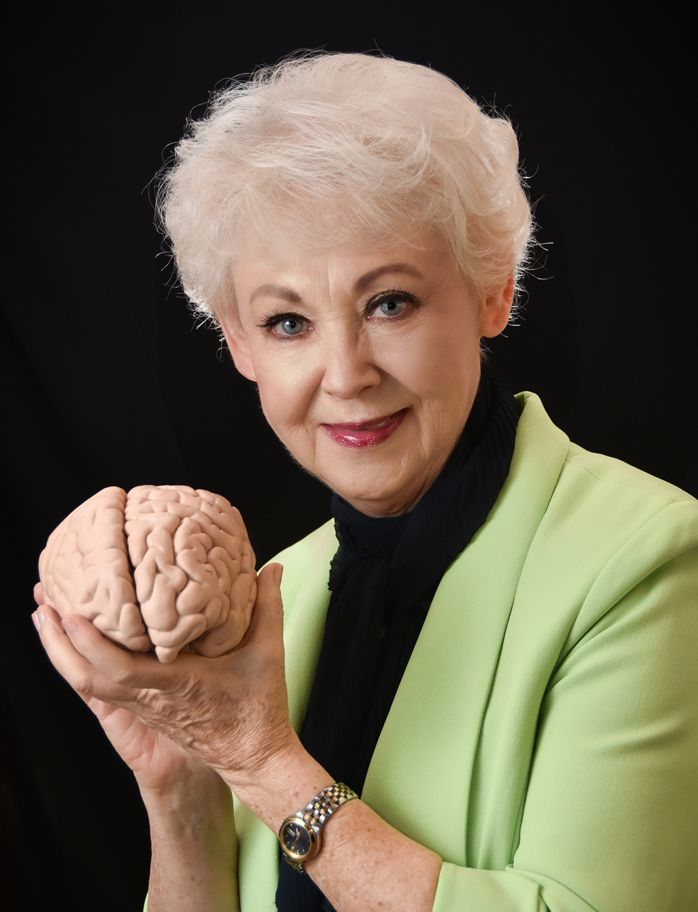
See you next week for LLM Online Module 5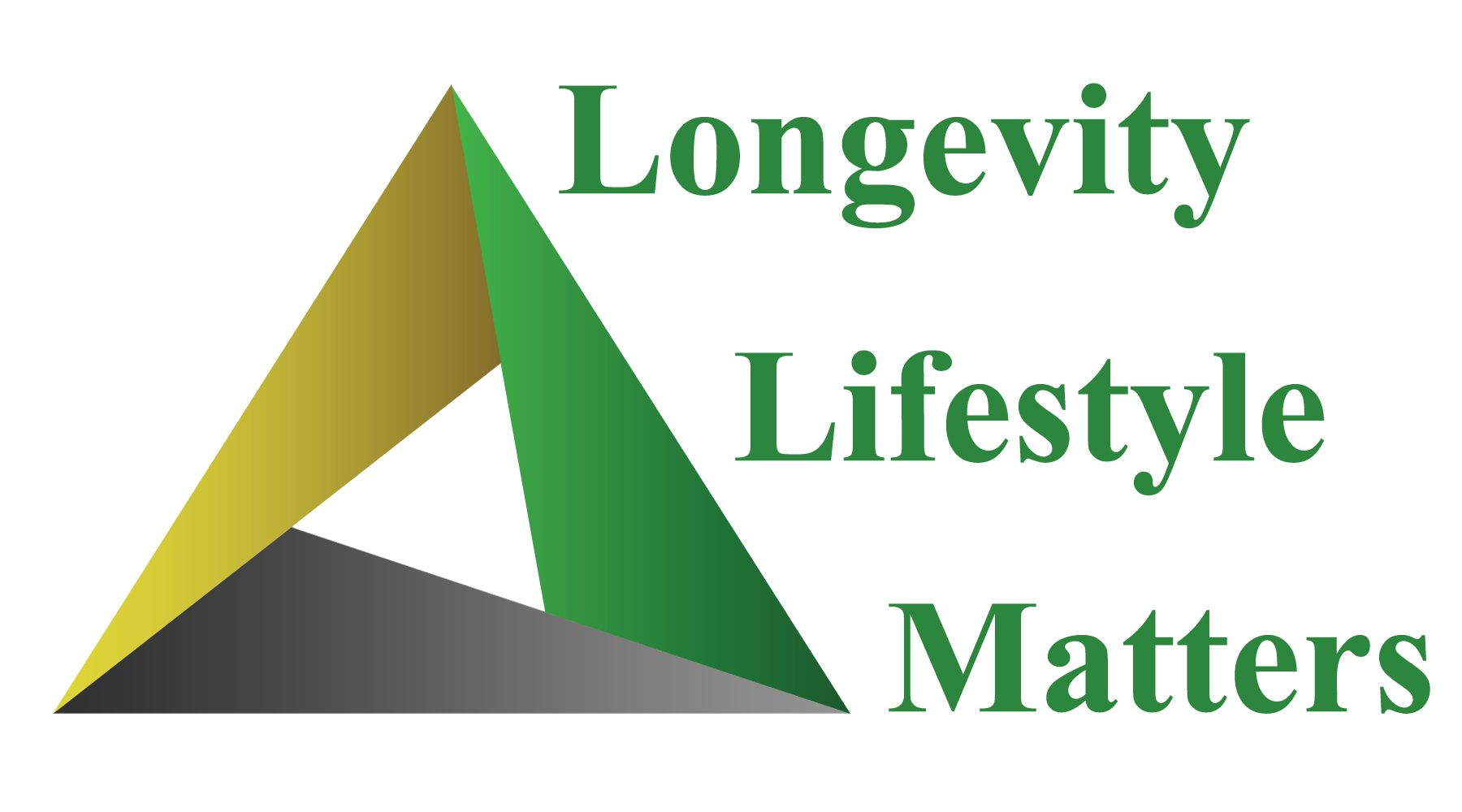
Topic:
Water—A Most Essential Nutrient
Lesson List
- Module 2 – Emotional Intelligence (EQ)
- Module 2 – To Begin
- Module 2 – Slow & Steady Wins
- Module 1 – Mindset and Self-talk
- Module 1 – To Begin
- Module 1 – Slow & Steady Wins
- Module 1 – Mindset (educational video)
- Module 1 – Birds & Brains (video)
- Module 1 – Just the Facts - Chapter 1 (audio)
- Module 1 – Just the Facts - Chapter 2 (audio)
- Module 2 – EQ (Emotional Intelligence) (video)
- Module 2 – Just the Facts - Chapter 3 (audio)
- Module 4 – Sleep
- Module 4 – To Begin
- Module 4 – Slow & Steady Wins
- Module 3 – Mental & Physical Exercise
- Module 3 – To Begin
- Module 3 – Slow & Steady Wins
- Module 5 – Water
- Module 5 – To Begin
- Module 5 – Slow & Steady Wins
- Module 6 – Safety
- Module 6 – To Begin
- Module 6 – Slow & Steady Wins
- Module 7 – Sunlight
- Module 7 – To Begin
- Module 7 – Slow & Steady Wins
- Module 8 – Nutrition
- Module 8 – To Begin
- Module 8 – Slow & Steady Wins
- Module 10 – Support Network
- Module 10 – To Begin
- Module 11 – Stressors
- Module 10 – Slow & Steady Wins
- Module 9 – Laughter
- Module 9 – To Begin
- Module 11 – To Begin
- Module 9 – Slow & Steady Wins
- Module 11 – Slow & Steady Wins
- Module 12 – Life Satisfaction
- Module 12 – To Begin
- Module 12 – Slow & Steady Wins
- Module 2 — Birds & Brains, No. 2 - EQ (video)
- Module 3 – Exercise (educational video)
- Module 3 – Just the Facts - Chapter 4 (audio)
- Module 3 – Just the Facts - Chapter 5 (audio)
- Module 3 – Birds & Brains, No. 3 - Exercise (video)
- Module 4—Just the Facts - Ch. 6 (audio)
- Module 4—Birds & Brains #4 (video)
- Module 4—Sleep (educational video)
- Module 5—Water (educational video)
- Module 5 – Just the Facts - Chapter 7 (audio)
- Module 5 — Birds & Brains #5 (video)
- Module 6 – Safety (educational video)
- Module 6 – Just the Facts - Chapter 8 (audio)
- Module 7 – Birds & Brains #7 (video)
- Module 8 – Just the Facts - Chapter 10 (audio)
- Module 8 – Nutrition (educational video)
- Module 8 – Birds & Brains #8 (video)
- Module 7 – Just the Facts - Chapter 9 (audio)
- Module 6 — Birds & Brains #6 (video)
- Module 7 – Sunlight (educational video)
- Module 9 – Laughter (educational video)
- Module 9 – Just the Facts - Chapter 11 (audio)
- Module 9 – Birds & Brains #9 (video)
- Module 10 – Support Systems (educational video)
- Module 10 – Just the Facts - Chapter 12 (audio)
- Module 10 – Birds & Brains, No. 10 - Support Systems (video)
- Module 11 – Stressors (educational video)
- Module 11 – Just the Facts - Chapter 13 (audio)
- Module 11 – Birds & Brains No. 11 - Stressors (video)
- More Information
- Module 12 – Life Satisfaction (educational video)
- Module 12 – Birds & Brains, No. 12 - Life Satisfaction (video)
- Module 12 – Just the Facts - Chapter 14 (audio)
Teachers Info

Arlene R. Taylor, PhD
- Specialist:
- Website: https://www.arlenetaylor.org/
-
Arlene R. Taylor PhD, a leading speaker on brain function, is sometimes referred to as the brain guru. She specializes in simplifying this complex topic, with the goal of helping individuals understand more about the brain in general and their own in particular. She delights in helping others learn how to thrive by...

